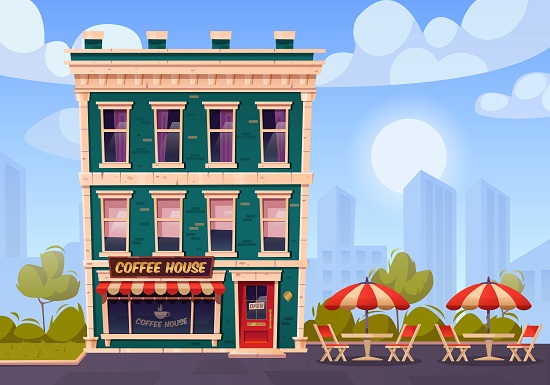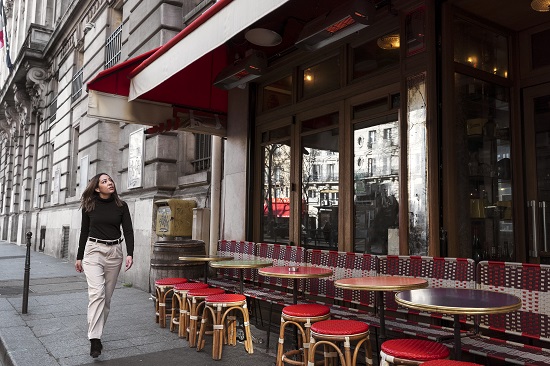
A BRIEF HISTORY OF COFFEEHOUSES IN EUROPE
Coffee houses have been significant in European history and culture for centuries. From their origins in the Ottoman Empire to their spread throughout Europe, coffee houses have been places of gathering, socialization, and intellectual discourse. In this article, we will explore the history of coffee houses in Europe and their impact on European society.
ORIGINS OF COFFEE HOUSES IN EUROPE
Coffee was introduced to Europe in the 16th century, and its popularity quickly spread throughout the continent. The first coffee houses in Europe were established in the 17th century, with the earliest known coffee house opening in Venice in 1645. Coffee houses quickly became popular gathering spots for merchants, scholars, and artists, who would discuss current events and exchange ideas over coffee.
COFFEEHOUSES AND INTELLECTUAL DISCOURSE
Coffee houses played a crucial role in intellectual discourse and the spread of knowledge throughout Europe. In the 18th century, coffee houses became known as “penny universities” because, for the price of a cup of coffee, one could engage in intellectual discussion with other patrons. Philosophers, writers, and scientists would gather in coffee houses to discuss their ideas, debate current events, and exchange knowledge.
THE ENLIGHTENMENT AND COFFEEHOUSES
The Enlightenment, a philosophical and cultural movement that began in the 18th century, was heavily influenced by coffee house culture. The coffee houses of Paris became essential meeting places for Enlightenment thinkers, including Voltaire, Rousseau, and Diderot. These thinkers used coffee houses as places to discuss their ideas, which helped to shape the intellectual landscape of Europe.
THE POLITICAL AND SOCIAL IMPACT OF COFFEEHOUSES
Coffee houses played a significant role in the politics and social life of European cities. They were places where people could gather to discuss political events and social issues, and they often served as venues for organizing political movements. In the 19th century, coffee houses were crucial in developing socialist and labor movements throughout Europe.
FAMOUS COFFEEHOUSES IN EUROPE
Today, many historic and famous coffee houses exist throughout Europe, serving as cultural landmarks and gathering spots for locals and tourists alike. In addition to the coffee houses mentioned earlier in this article, other famous European coffee houses include Café de Flore in Paris, Café Central in Vienna, and Café Majestic in Porto.
In conclusion, coffee houses have a rich history in Europe and have played a significant role in shaping European culture and society. They have been essential gathering spots for intellectuals, artists, and political activists and have served as venues for the exchange of ideas and the spread of knowledge. Today, many of these historic coffee houses still exist and continue to serve as cultural landmarks and vital gathering spots.



